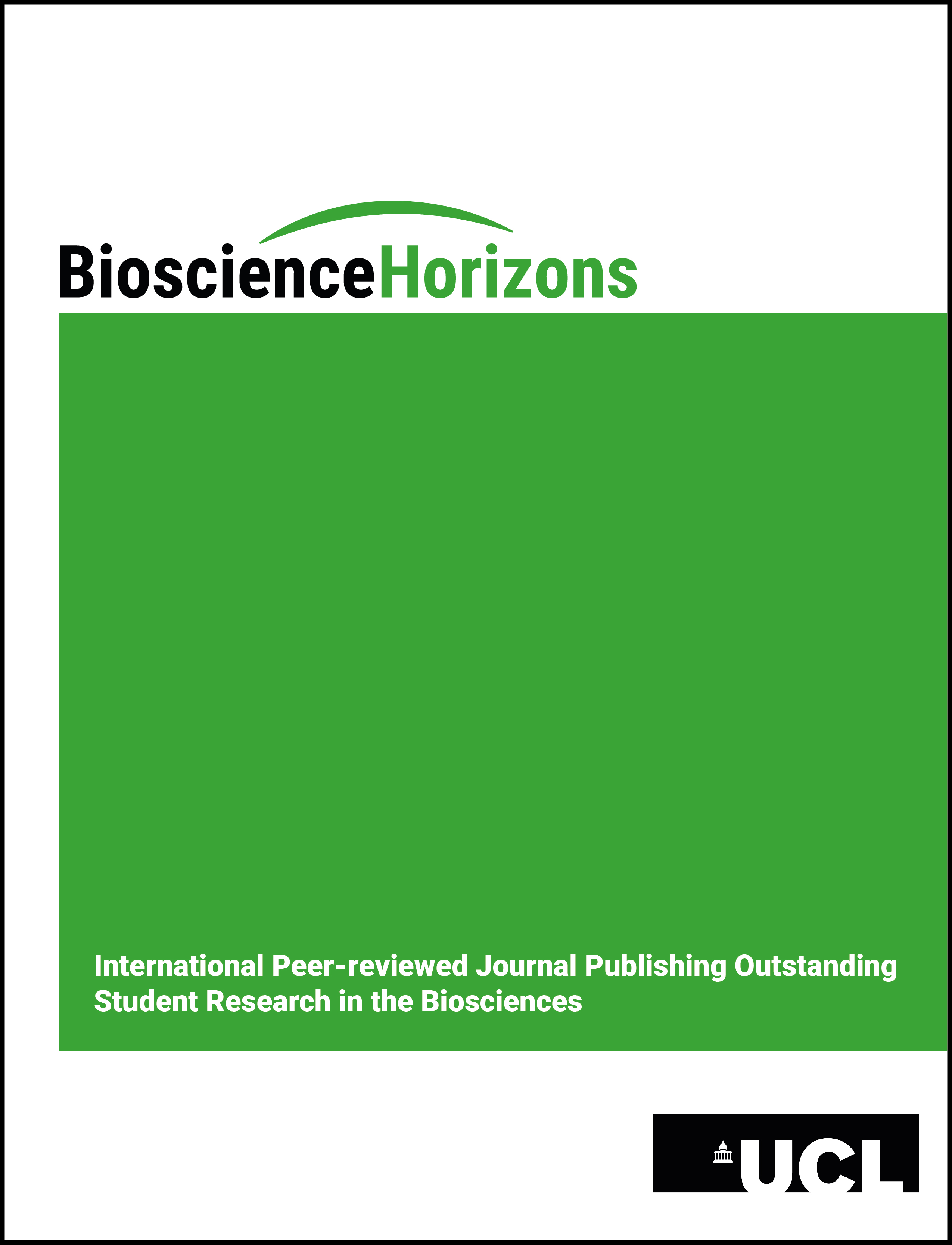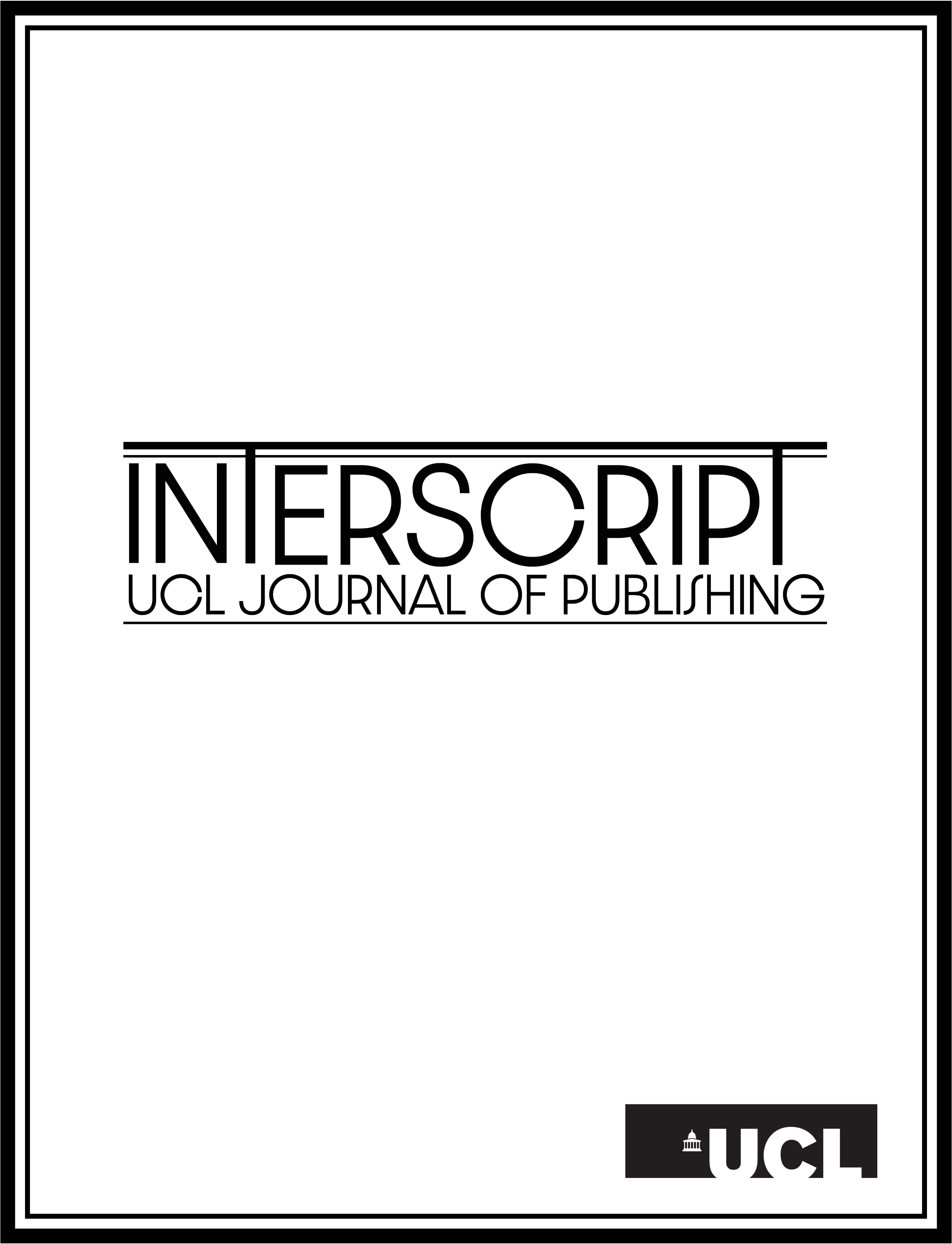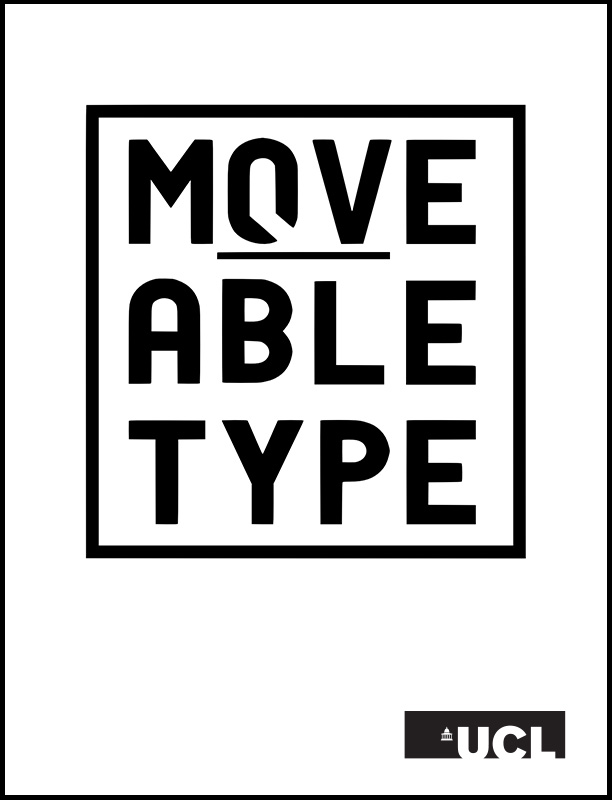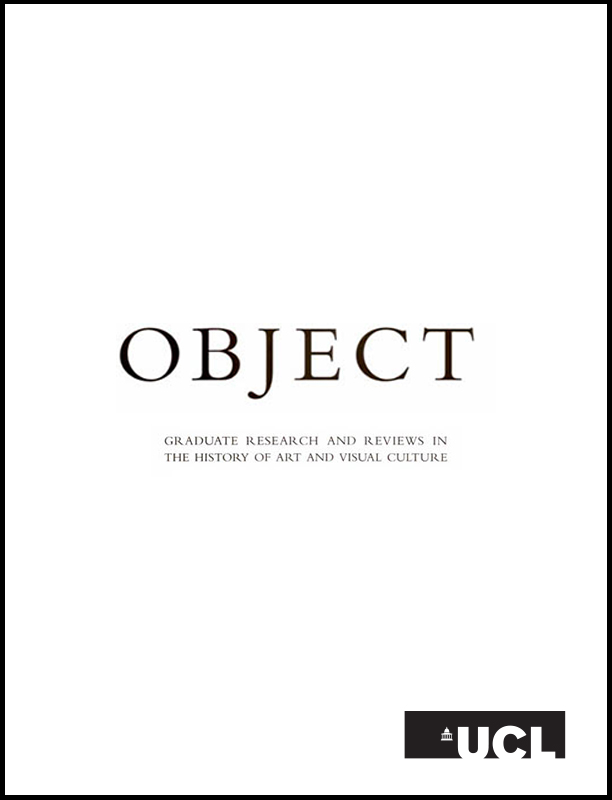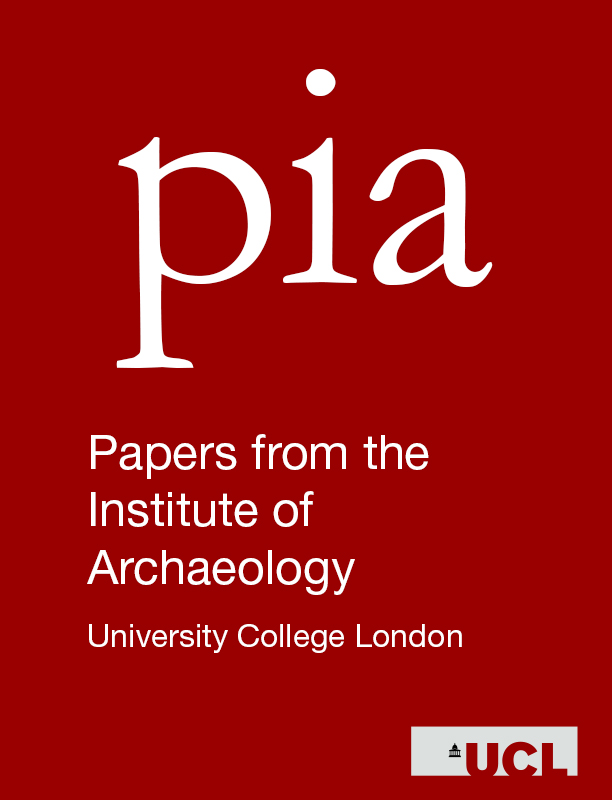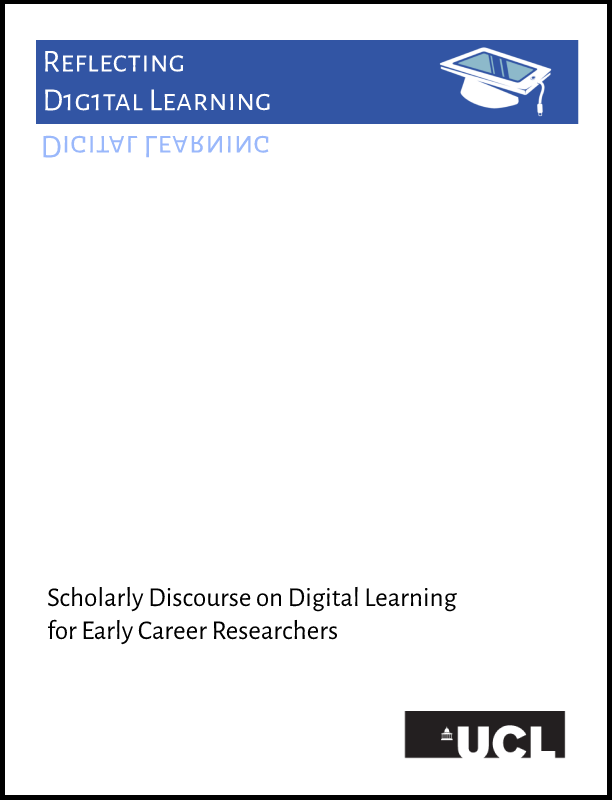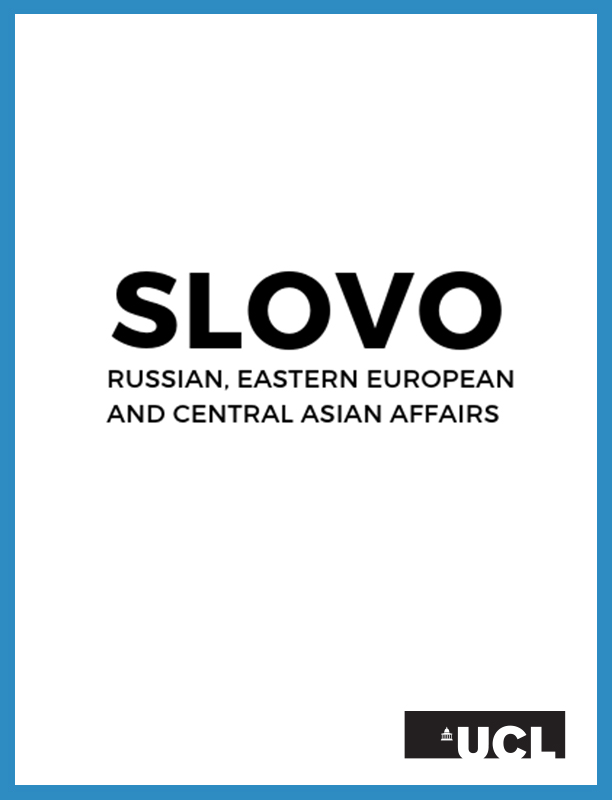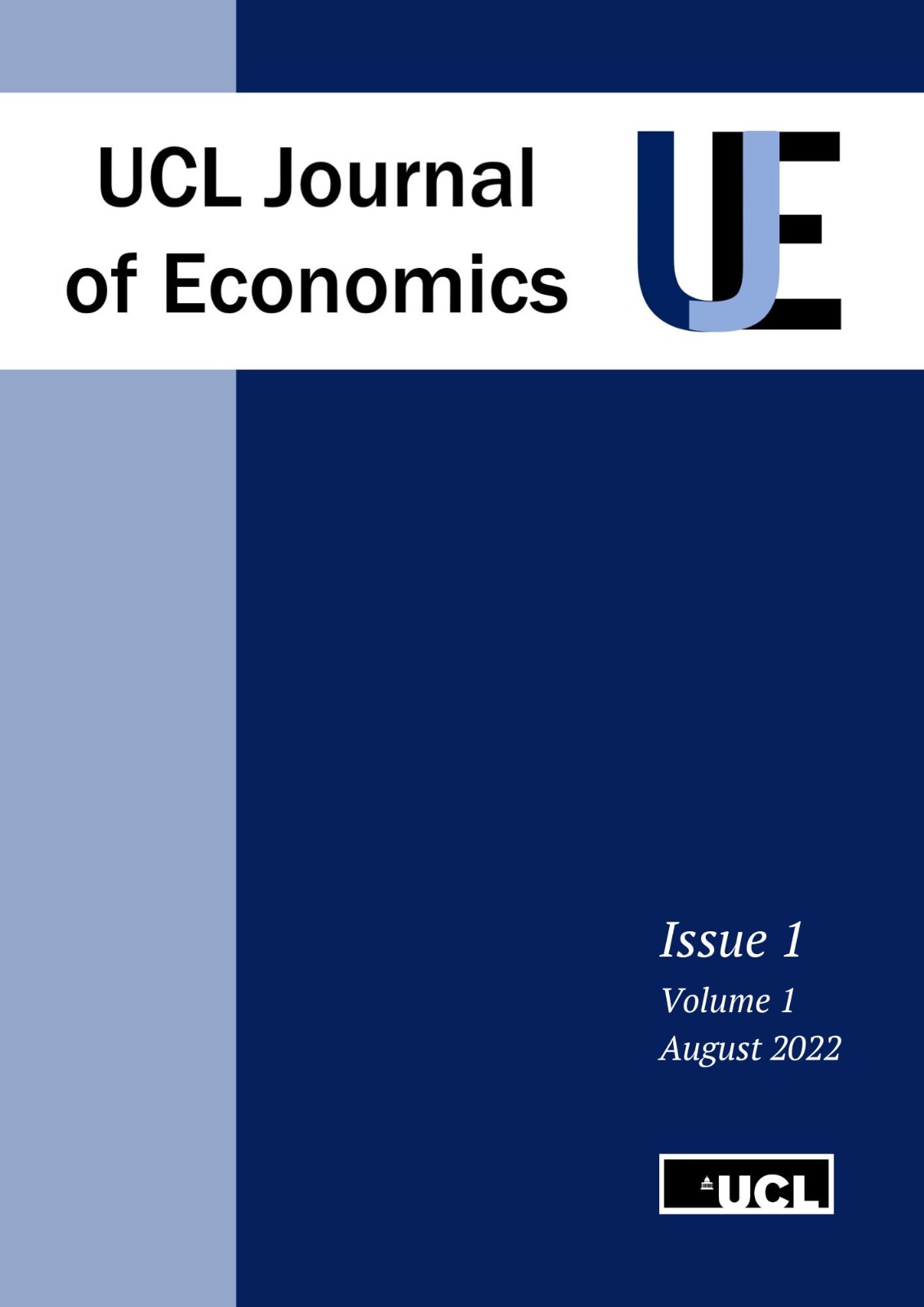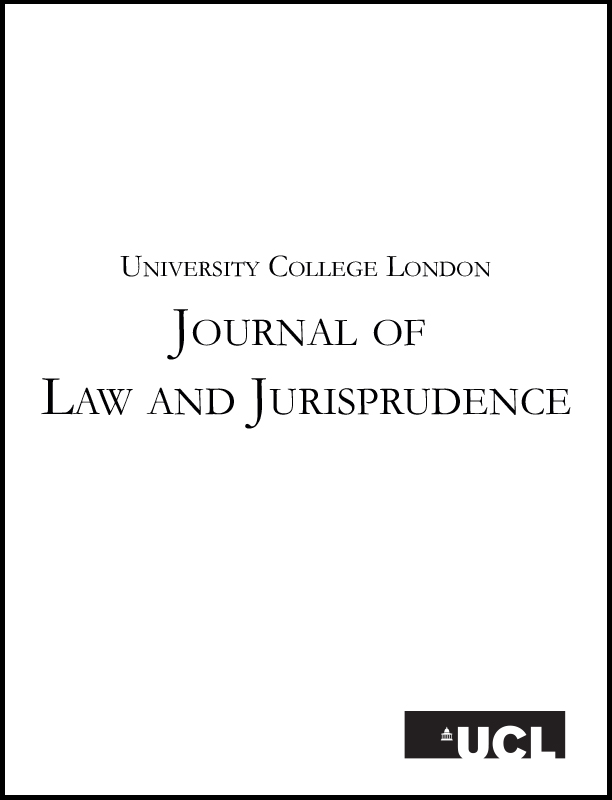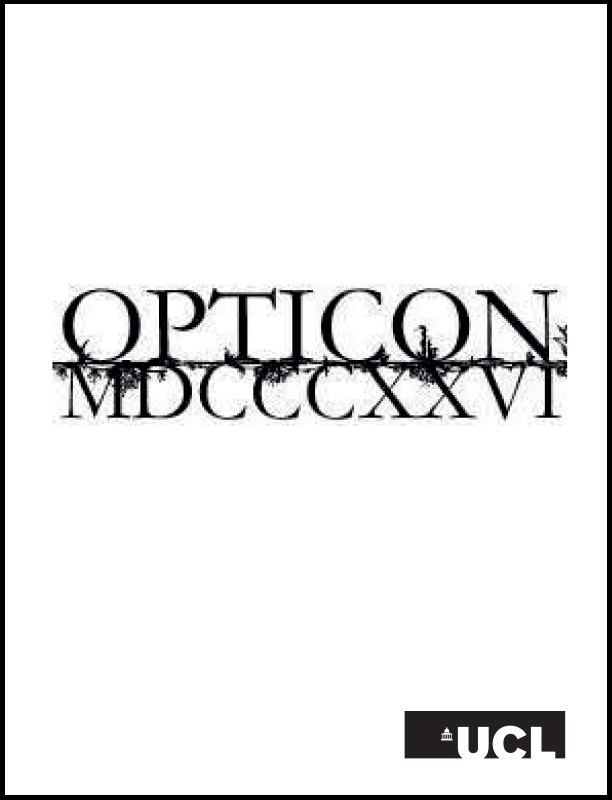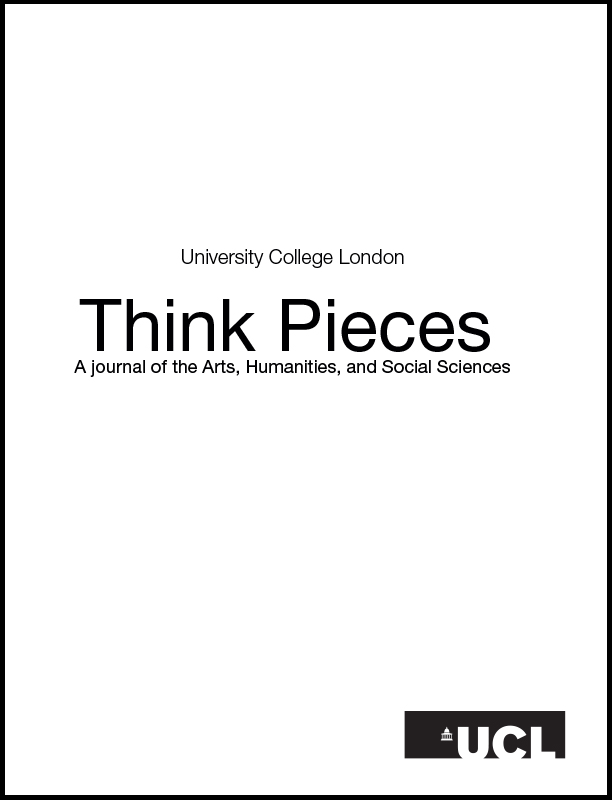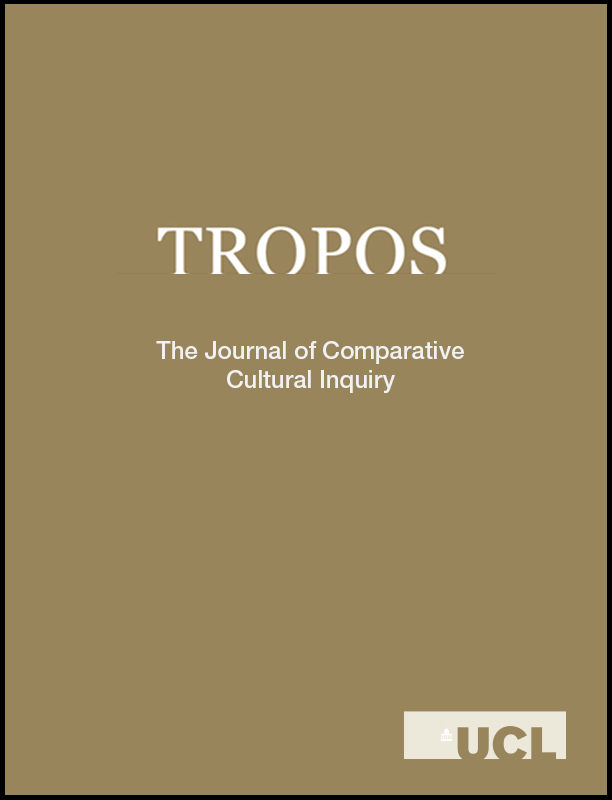Bioscience Horizons
bioscience horizonsBioscience Horizons (ISSN:1754-7431) is an open-access peer-reviewed journal publishing outstanding undergraduate and master’s international research in the biosciences free of charge.
The journal produces insightful and original opinion pieces and news articles that disseminate bioscience awareness to the general public and contribute to scientific progress. Our submissions come from all around the world.
Bioscience Horizons is a University College London (UCL) project in association with UCL Press. The journal is managed by UCL students supervised by a board of academics from different universities in the UK.
You will find more information about the journal at https://biosciencehorizons.wixsite.com/biosciencehorizons.
Interscript
interscriptInterscript is a UCL Open Access Student Journal peer-reviewed journal run by UCL MA Publishing students. We encourage progressive discussion on recent developments in the publishing and media industry through an academic journal and an online magazine. Our journal allows researchers to publish a wide range of peer-reviewed articles free of charge, while our magazine affords researchers the chance to stand at the forefront of debates driving the publishing world.
Moveable Type
moveable typeMoveable Type is the Graduate, Peer-Reviewed Journal of the UCL English Department. It aims to provide a platform to showcase the high-quality work produced by students and researchers across the world. However, it also believes in the importance of helping early career researchers and students to enter the world of peer-reviewed academic publishing.
Please feel free to get in touch with us if you have any questions about what we do.
Object
objectObject is the postgraduate research journal of the Department of History of Art at UCL. The essays and reviews included represent the wide range of historical and theoretical concerns of our current research students. The journal maintains three primary objectives: to present ongoing research within the Department to a wide readership; to encourage dialogue and debate around existing and emerging ideas in the field; and to review recent publications and exhibitions presented within the wider cultural context.
Papers from the Institute of Archaeology
papers from the institute of archaeologyPapers from the Institute of Archaeology (PIA) is a peer reviewed, open access journal that publishes research on all aspects of archaeology, museum studies, cultural heritage and conservation. We publish research papers and short reports. We also welcome reviews of conferences, exhibitions and books. We accept online submissions via the journal website. See the author guidelines for further information or contact the editorial team.
Run by doctoral students at the UCL Institute of Archaeology, the aim of PIA is to provide authors with experience in publishing articles early in their careers. We therefore place extra emphasis on the provision of peer review feedback and editorial assistance. We publish online as soon as articles are ready, so there is no delay in research being released and submissions can be sent throughout the year.
The journal is fully indexed, blind peer-reviewed and fully open access. The PIA would like to thank all of our peer reviewers and copy editors for their time and invaluable expertise.
Reflecting Digital Learning
reflecting digital learningReflecting Digital Learning is a peer-reviewed online journal which publishes the scholarly work of early career researchers (postgraduate Masters and Doctoral students) related to digital learning. Reflecting Digital Learning welcomes contributions which are evidence-based or innovative, and which show awareness of and critical engagement with current issues in digital learning. This may include online and blended learning, design-based research related to digital learning, critical analysis of learning technologies, artificial intelligence in education, entrepreneurship related to digital learning, social media analysis related to learning, and societal impact of digital learning.
The journal will provide opportunities for current students or recent graduates to publish as first authors alone or with collaborators who may include dissertation/thesis supervisory teams, collaborating students or citizen scientists. The journal welcomes contributions which are of relevance to all phases of education and all types of provision, to digital educational leaders at all levels, to school and community teachers, to further education and professional development practitioners, to higher education tutors including teacher educators, to learning technologists and learning designers, to digital learning entrepreneurs as well as to policy makers.
The aim of the journal is:
- to create a resource for practitioners and students within the broad field of digital learning with emergent research findings
- act as an interdisciplinary, international forum for evidence-informed discussion and debate about digital learning, for the showcasing of excellent practice as well as for stimulating think-pieces.
In addition to more traditional academic submissions, the journal encourages submissions in the form of case studies, reflective narratives or reports on digital learning practice related in a variety of digital formats. In addition, theoretically based reviews of digital learning tools, techniques and pedagogies are welcome.
Reflecting Digital Learning is a new journal launching in 2023. The journal follows in the tradition established by its predecessor, Reflecting Education (ISSN: 1746-9082), which ran from 2005 until 2016.
Disciplines
Digital Learning Education TechnologySlovo
slovoSlovo is an interdisciplinary, postgraduate peer-reviewed academic journal, entirely managed and edited by postgraduate students at the University College London's School of Slavonic and East European Studies. It is dedicated to the study of the political, social, economic, and cultural affairs of Russia, Central and Eastern Europe, and Central Asia. External peer reviewers work in tandem with the Slovo Editorial Board.
The journal is published online on a biannual basis.
Slovo is committed to pursuing equity and inclusivity in all aspects of our work. We believe that good research is diverse, inclusive, and accessible. We stand in solidarity with those experiencing oppression and discrimination and will do everything we can to ensure our work does not reinforce inequality. You can read our full statement on inclusion at Slovo here.
UCL Journal of Economics
ucl journal of economicsThe UCL Journal of Economics is the official peer-reviewed, student-run journal of the UCL Department of Economics. In line with UCL’s philosophy of a research focused approach to education, it aims to provide a platform for undergraduate economists at UCL and worldwide to showcase their rigorous economic research, regardless of background or previous experience.
The journal adds value to students at UCL by offering a chance to extend the research they undertake within and outside university modules. It will always be free to read and submit papers to us and we aim to maintain high standards of content, editing, and peer-review to uphold the reputation of our authors. We believe this makes the journal an important institution for undergraduate students across the world.
We publish one issue a year, to which any undergraduate student can submit a paper for consideration.
The journal is now open to submissions for Volume IV (September 2025).
UCL Journal of Law and Jurisprudence
ucl journal of law and jurisprudenceThe UCL Journal of Law and Jurisprudence (UCLJLJ) is a law journal edited and published by graduate (Masters and PhD) students of UCL Laws. The Journal publishes scholarly contributions from academics, researchers and practitioners, as well as showcasing outstanding research of post-graduate students at UCL. It accepts submissions in all areas of law and jurisprudence, reflecting the diverse and innovative areas of research at UCL Laws, and its distinguished tradition of legal philosophy. The Journal is a generalist publication, but runs occasional themed issues. The Board of Editors assesses all submissions through a double blind peer review. Since 2015, it has been published once annually and is available through open access. We do not accept submissions via email.
Opticon1826
opticon1826Opticon1826 is an all-faculty, peer reviewed academic journal, run and edited by UCL postgraduate students who represent all UCL faculties. The journal publishes predominantly current UCL research (ongoing and completed), but also a selection of reviews. commentaries and letters.
Opticon1826 ceased publishing in 2016.
Think Pieces
think piecesThink Pieces aims to showcase exciting, up-and-coming work from a community of scholars, both students and academic staff, at University College London approaching one topic from a cross-disciplinary perspective. This journal is about opening discussions, and inviting varied approaches, methodologies, and academic backgrounds to interact in response to a specific prompt that interrogates an idea, issue, or construct, whose scholarly interpretation is truly multifaceted. Think Pieces ceased publishing in 2015.
Tropos
troposThe name Tropos derives from the Ancient Greek and is intended to evoke a cluster of meanings. It denotes a particular figure of speech, or a whole mode of rhetoric, but also refers to the spiritual significance concealed behind the literal meaning of religious scripture. The word also indicates a turn or change of direction, and stands for an instantiation of something unrepeatable as opposed to something universal. In this spirit the journal aims to stimulate critical turns of thought and deal with specific phenomena that have the ability to reveal more complex meanings. Tropos ceased publishing in 2018.
